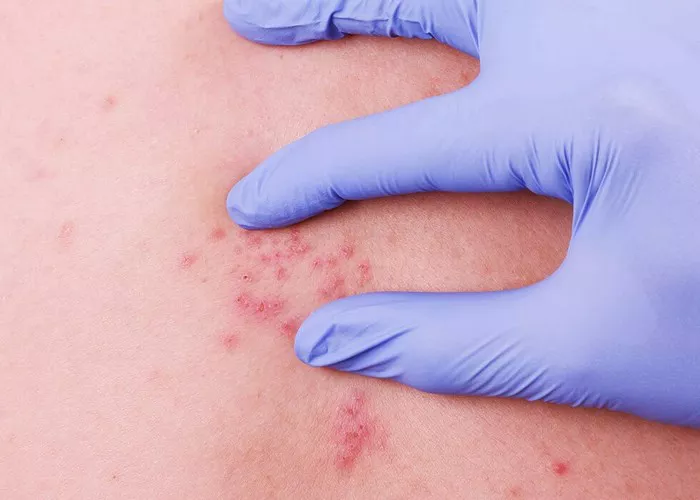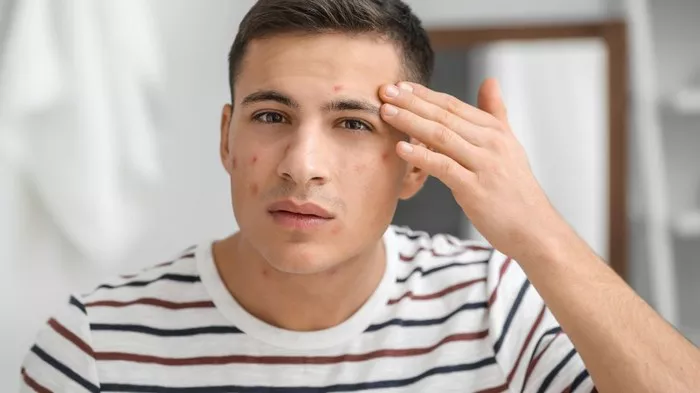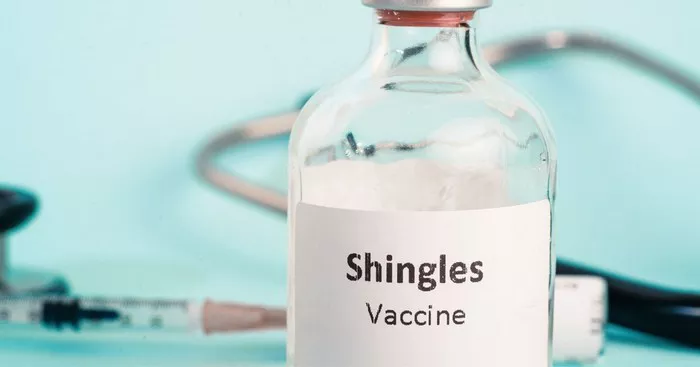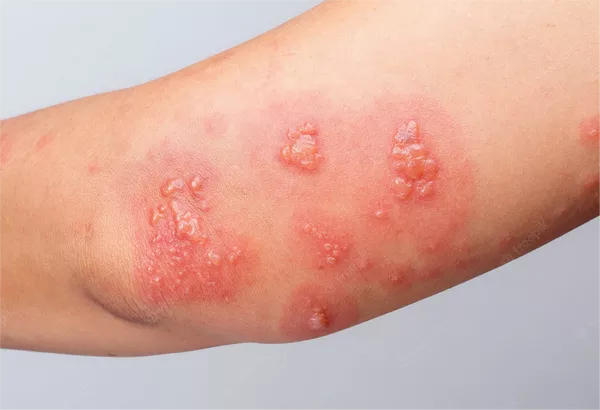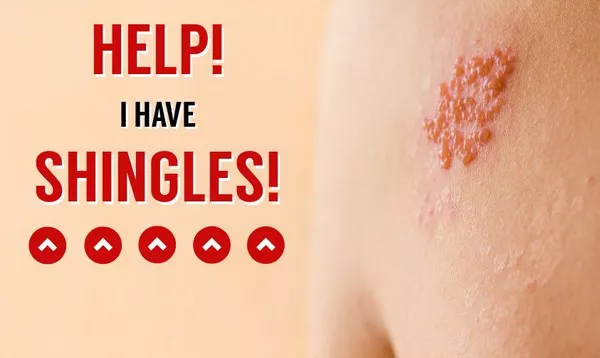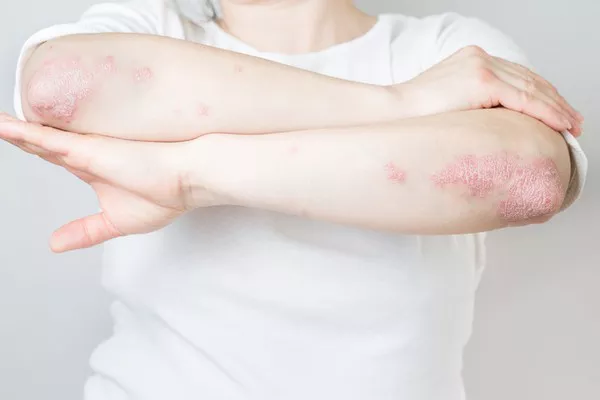In observance of National Acne Awareness Month this June, the American Acne and Rosacea Society (AARS) is amplifying the voices of its members to share insights into living with, treating, and researching acne, aiming to dispel prevalent misconceptions and foster informed discussions surrounding this prevalent skin condition.
According to a press release by the AARS, acne, the most prevalent skin disorder affecting individuals at some point in their lives, continues to be misunderstood, often entangled with misinformation. AARS President, James Q. Del Rosso, DO, emphasized the society’s dedication to rectifying this knowledge gap, stressing their commitment to supporting research, education, and patient care related to acne, hidradenitis suppurativa (also known as acne inversa), and rosacea.
Social Media’s Impact on Acne Perception
Despite the benefits of technological advancements like social media in broadening access to information, a 2023 review highlighted its detrimental effects on adolescents with skin conditions, correlating increased social media usage with negative body image and depression. In response, AARS is leveraging its social media platforms throughout June to address the psychosocial impact of acne, debunk myths, and present treatment options. Additionally, the society has released a social media toolkit for members to disseminate accurate information within their networks.
Jonathan Weiss, MD, President-Elect of AARS, stressed the severity of acne, cautioning against its dismissal as a mere cosmetic concern. He underscored the profound physical and psychological ramifications of acne, advocating for its recognition as a significant inflammatory condition with available effective treatments.
Prioritizing Mental Health in Acne Management
Recognizing the profound mental health implications of acne, members of the European Academy of Dermatology and Venereology developed a tailored questionnaire to assess the quality of life and psychological burden experienced by acne patients. Highlighting socioeconomical factors, symptoms, stigma, and suicidal ideation as crucial aspects, the questionnaire aims to address the holistic well-being of individuals grappling with acne-related distress.
Expanding Treatment Options
In addition to conventional prescription therapies, AARS emphasizes the availability of diverse treatment modalities, including devices, chemical peels, and in-office procedures. Recent advancements, such as the utilization of rehmannia glutinosa leaf extract for acne management and enhanced skin hydration, alongside innovative surgical and non-surgical approaches, have showcased promising outcomes in research endeavors.
Looking Forward
AARS, comprising dermatology experts, is dedicated to advancing knowledge exchange, fostering educational initiatives, and catalyzing clinical research in acne, hidradenitis suppurativa, and rosacea. Through conferences, research grants, mentorship programs, and comprehensive resources, the society endeavors to elevate standards of care and cultivate future leaders in dermatology healthcare.
As National Acne Awareness Month unfolds, AARS remains steadfast in its mission to empower patients, educate the public, and drive meaningful advancements in acne management and research.
Related Topics:



